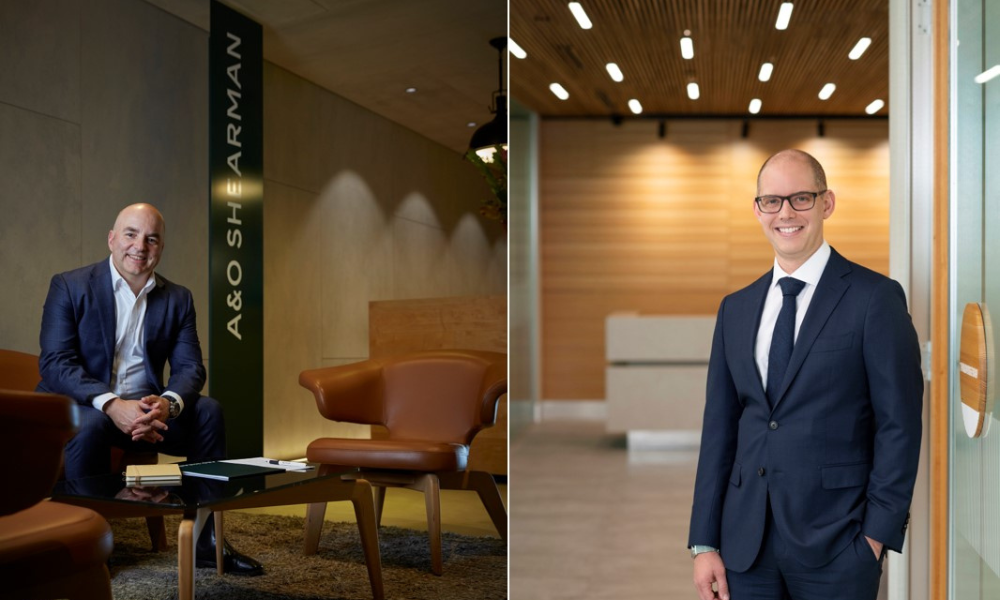It’s common for mid-tier and smaller firms to proudly boast about lateral partner hires from major firms, but some managing partners say such moves don't always produce the results intended
Firms of all sizes would normally consider the appointment of a prominent partner from a top-tier firm as a major boost to their practice, but some managing partners say such moves are not always lucrative for smaller firms.
One source, the managing partner of a firm with offices in four capital cities, told Australasian Lawyer that most of the big firm lateral partners that his practice have taken on have largely been ‘duds’.
"They usually don't bring clients with them. The allegiance of their old clients is to the firm they worked at. Those clients are often drawn to the resources of the big firms, so there is no benefit for them to follow the lawyer,” he said.
The managing partner added that there is often a culture clash with partners in top-tier firms who move to smaller firms. “My experience is that they usually don’t understand the business of a mid-tier firm. They bring with them the way they did things in a very big firm and expect to apply it to a smaller firm and it doesn’t work.”
The source admitted that a mismatch in expectations comes into play too. There is little way a lateral partner can get a full grasp of a firm’s culture before making the move. The same is true when a firm is trying to assess whether a lawyer will be a good fit for their business.
“There is only so much the interview process can reveal. The rest you only find out in the next 12 months as you work with them.”
“Ego is [also] a factor,” he said, pointing out that his experience with top-tier partners is that many arrive at a smaller firm still clinging to the “so-called prestige” accorded to partnership in a major firm. “It does depend on the individual,” he added.
The managing partner went on to claim that his firm now has a strict policy of no longer hiring partners from top-tier firms. Even so, many of the top-tier lateral partners the firm appointed in the past still work at the firm – some are performing well, some continue to cause friction, he said.
Such comments echo the findings of a major international study by Major, Lindsay and Africa, which showed that firm culture is the biggest reason lateral partners leave firms. The study also revealed that one in five lateral partners are dissatisfied with the new firm they move into.
Part of the dissatisfaction comes down to communication. The study revealed that lateral partners who were most satisfied in their new positions had largely done a high degree of due diligence about their new firm and were provided an adequate level of information by firm leadership.
Not surprisingly, lateral partners least satisfied about a new firm reported that they were less likely to feel that the information they have been given was adequate.
These findings mirror the experiences of a smaller firm in Sydney. The firm’s chief executive said that the firm initially greeted the arrival of a partner from one of the traditional ‘big six’ with jubilation. It was seen as a major triumph for the firm and a big step in growing its practice. Then it slowly emerged that the partner was clashing with the existing culture of the firm and wasn’t getting along with other members of staff.
“The relationship became strained and we eventually parted ways,” the CEO said.










